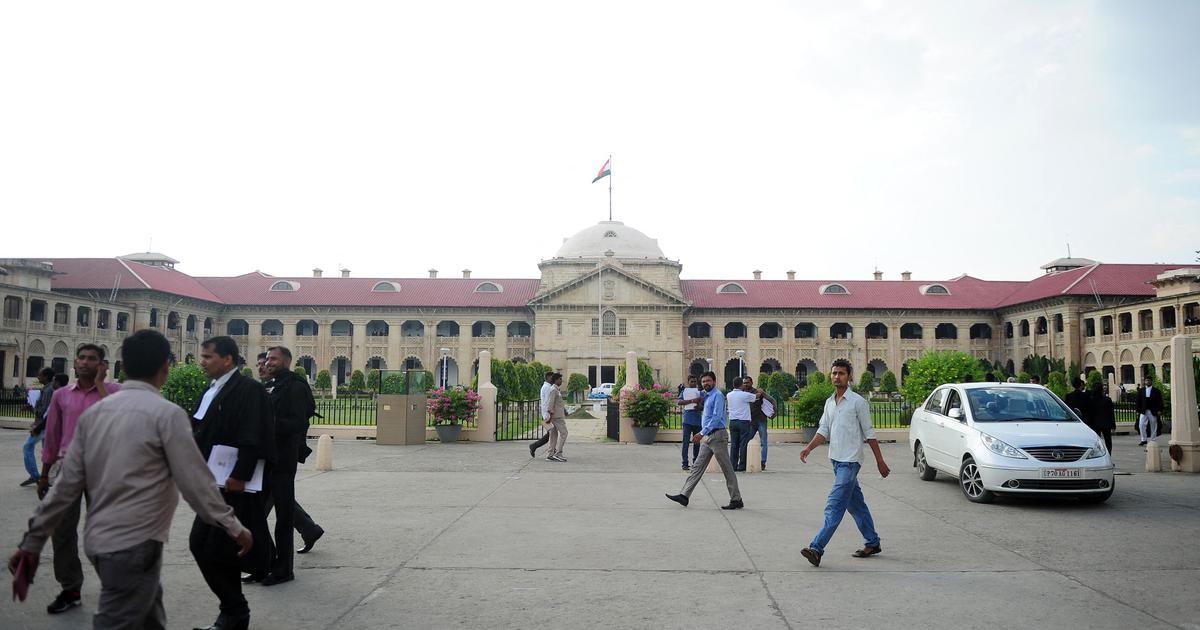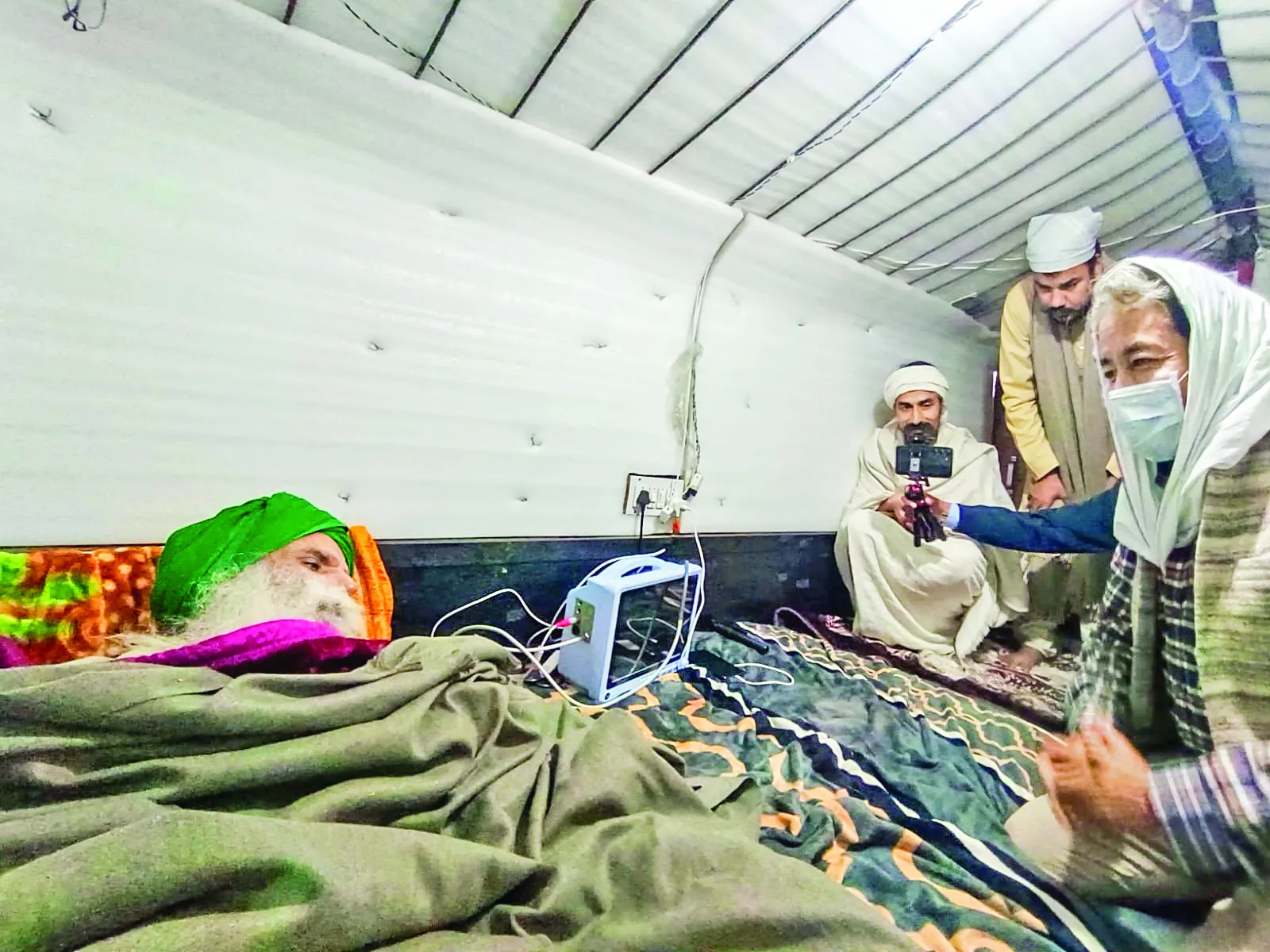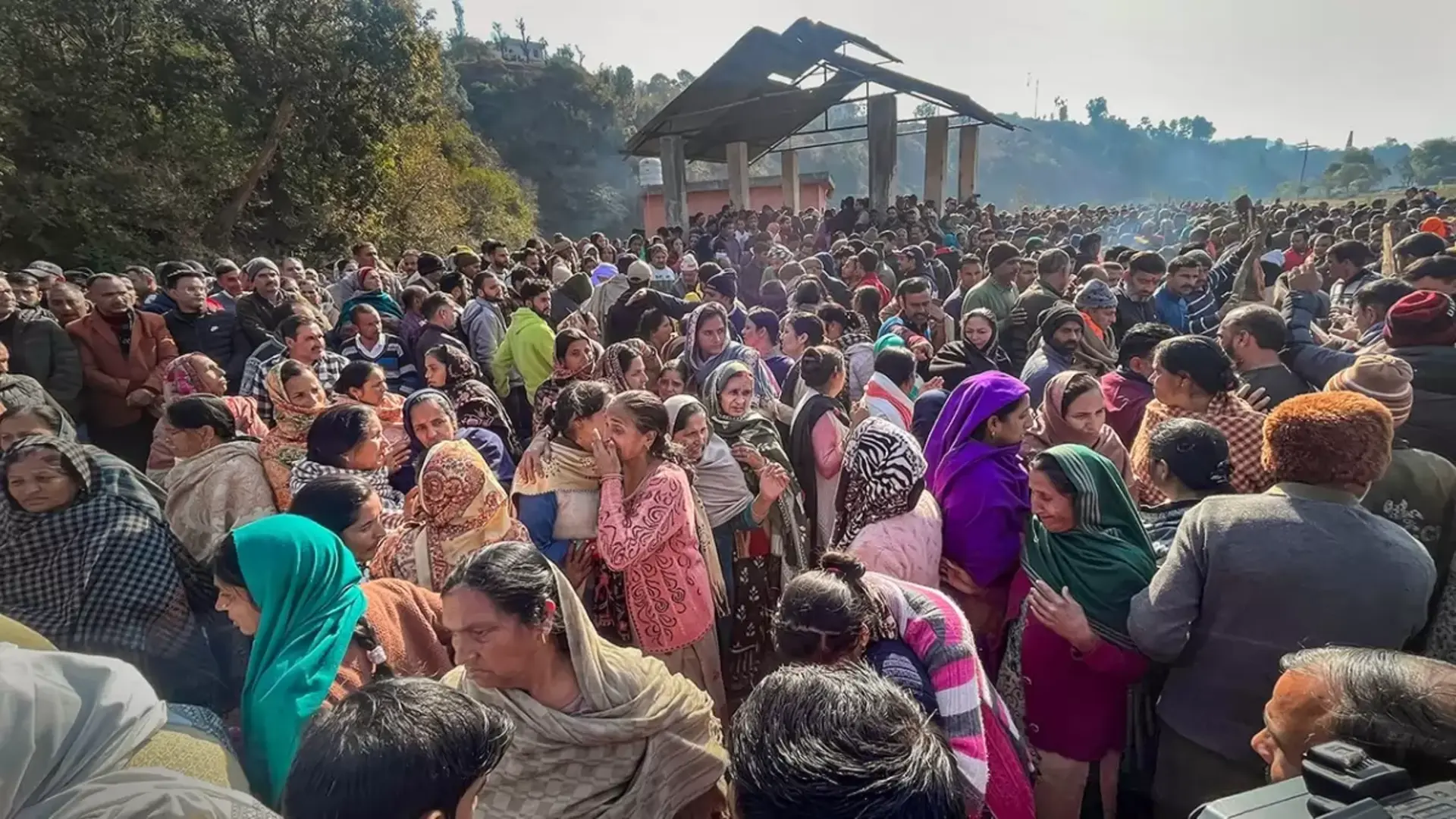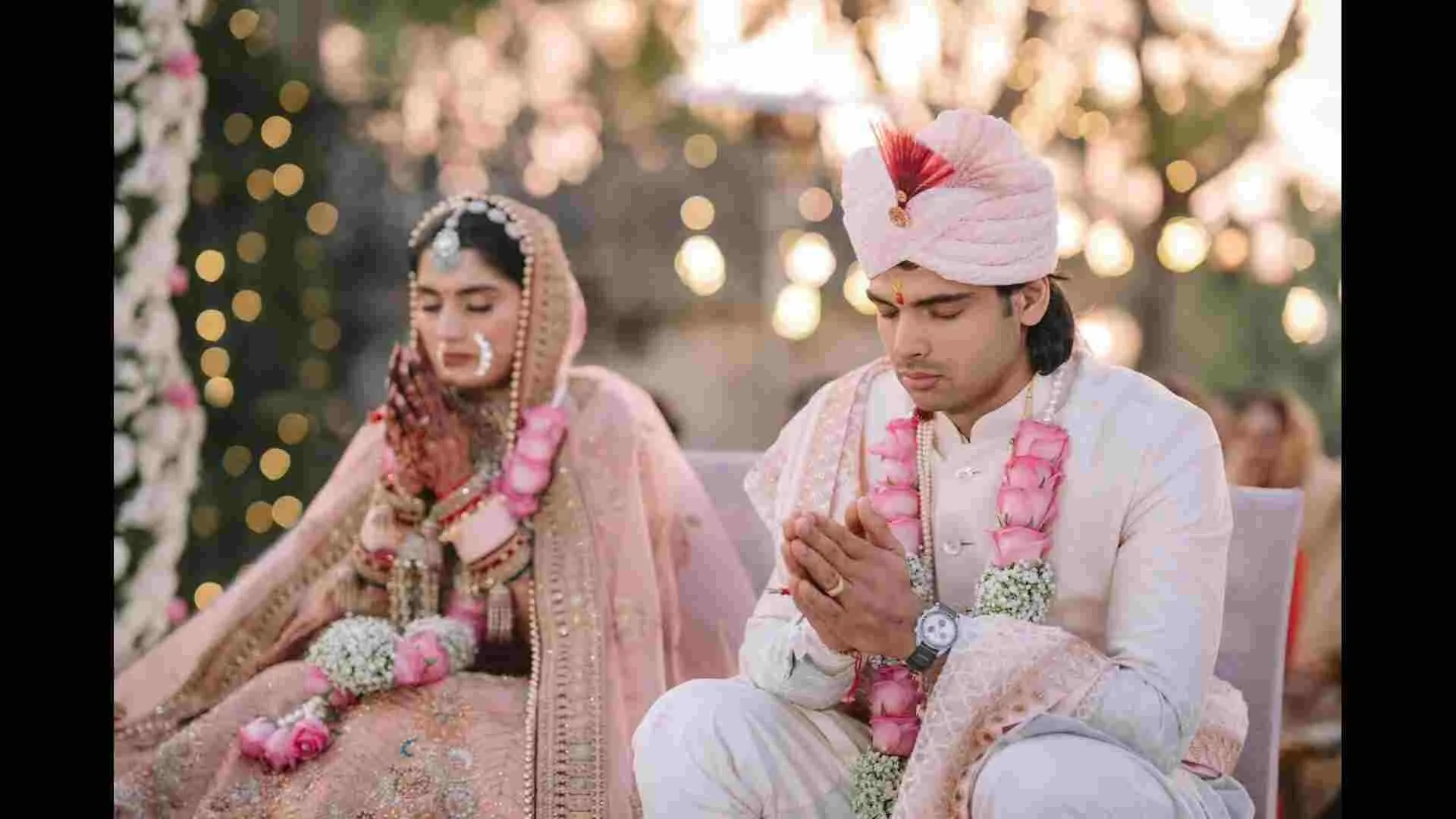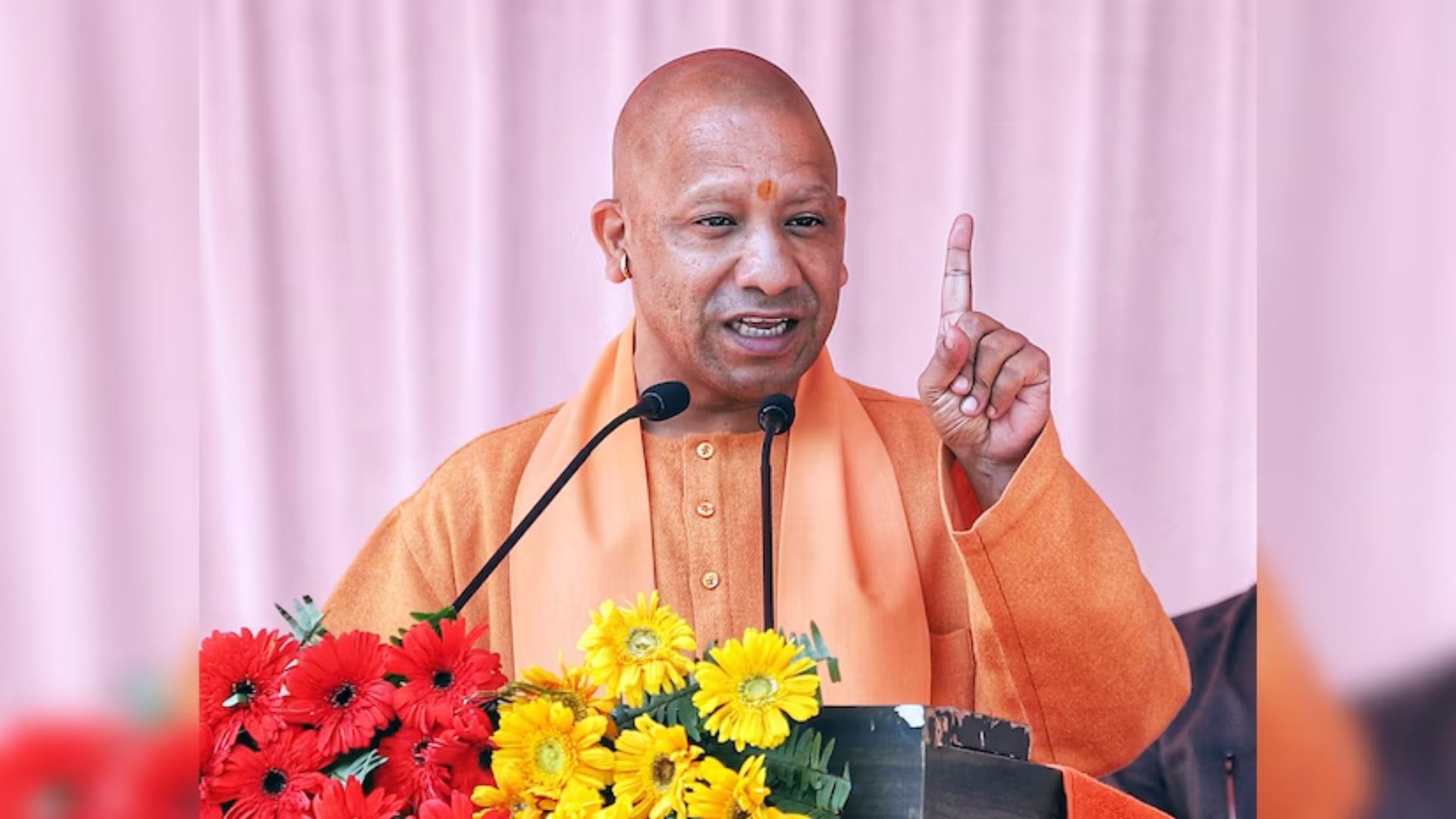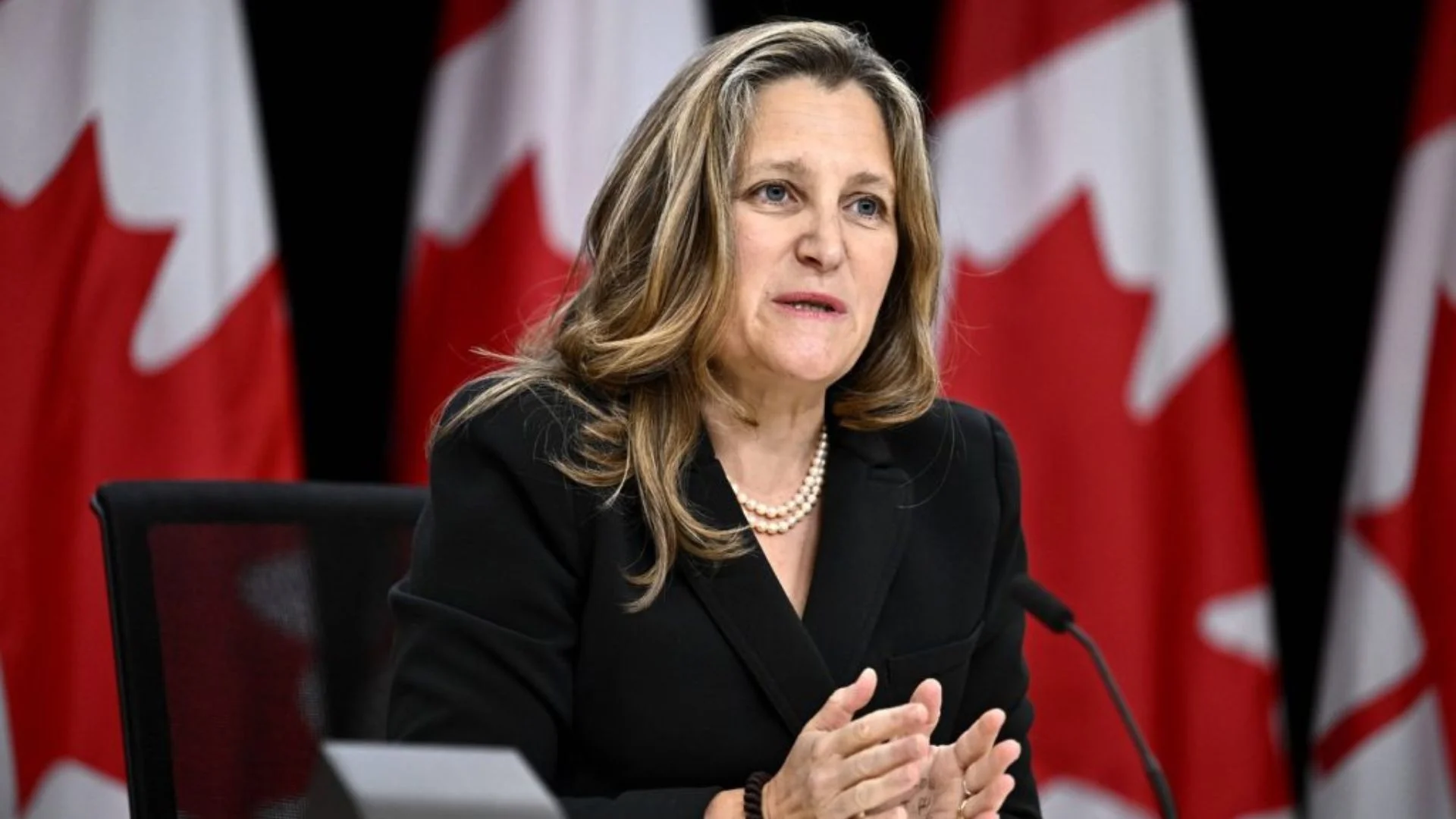Allahabad High Court has dismissed petitions filed by eight interfaith couples seeking protection, citing non-compliance with Uttar Pradesh’s anti-conversion law.
Enacted in 2021, the Uttar Pradesh Prohibition of Unlawful Conversion of Religion Act prohibits religious conversions through misrepresentation, force, fraud, undue influence, coercion, and allurement.
Through separate petitions, the couples had sought the high court’s direction for protection and non-interference in their matrimonial lives. The court dismissed these petitions on various dates between January 10 and 16, 2024.
Justice Saral Srivastava, while dismissing the petitions, observed that these interfaith marriages did not adhere to legal provisions, given the non-compliance with the anti-conversion law.
Among the eight cases, five involved Muslim men marrying Hindu women, and three involved Hindu men marrying Muslim women. The court explicitly mentioned the religious affiliations of the petitioners in its orders.
The court, while rejecting the pleas, stated, “In such a view of the fact, the relief prayed by the petitioners cannot be granted. Consequently, the writ petitions are dismissed.”
However, the court left open the possibility for the petitioners to file fresh writ petitions if they solemnized their marriages after following the due legal procedure.

